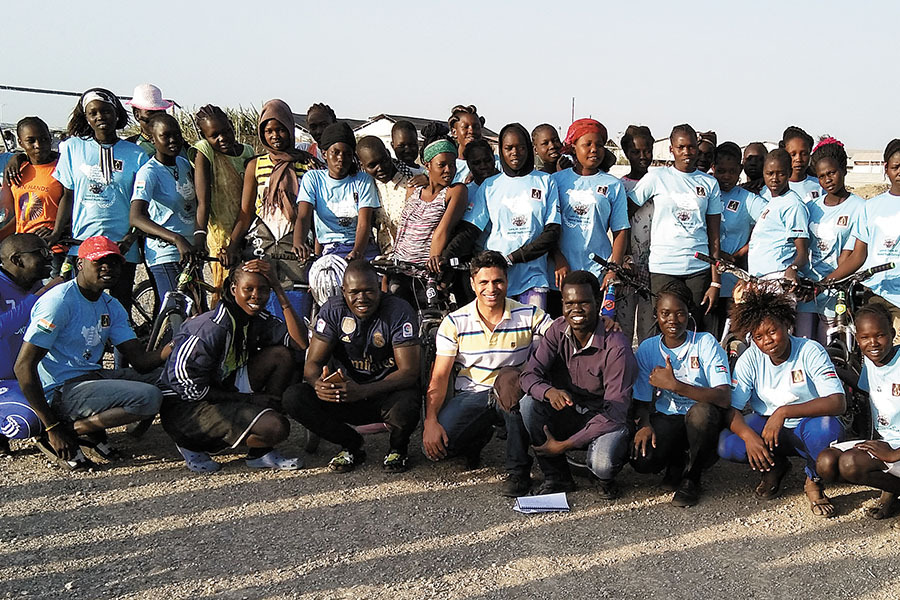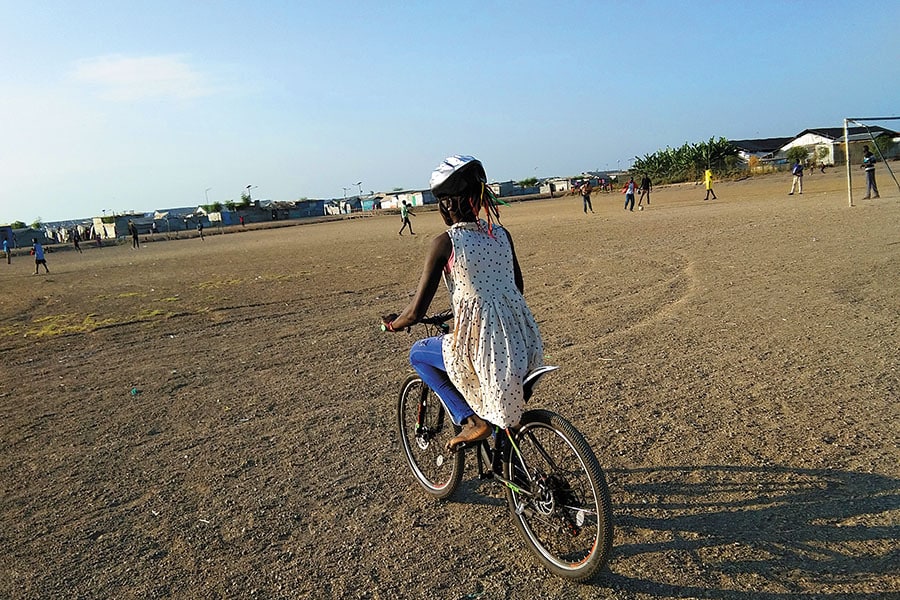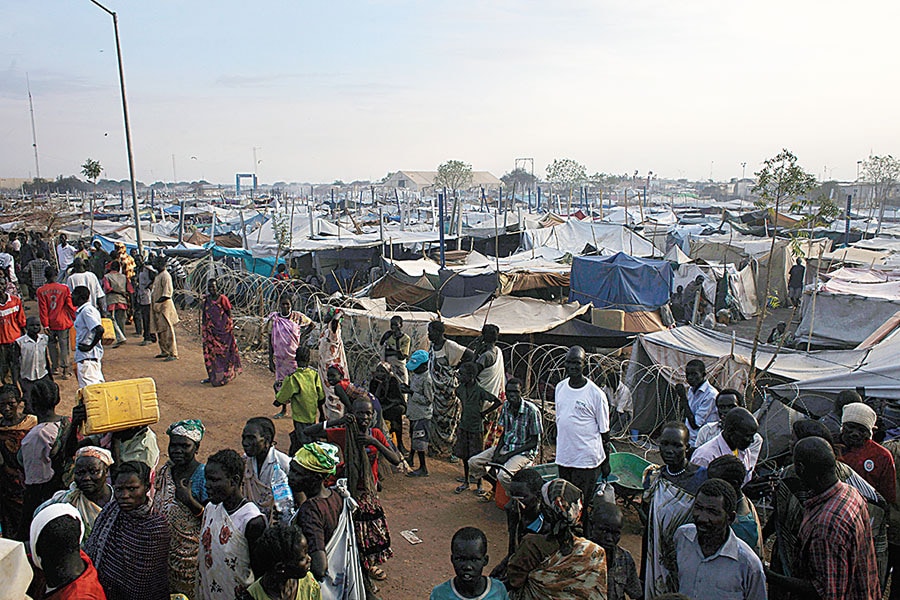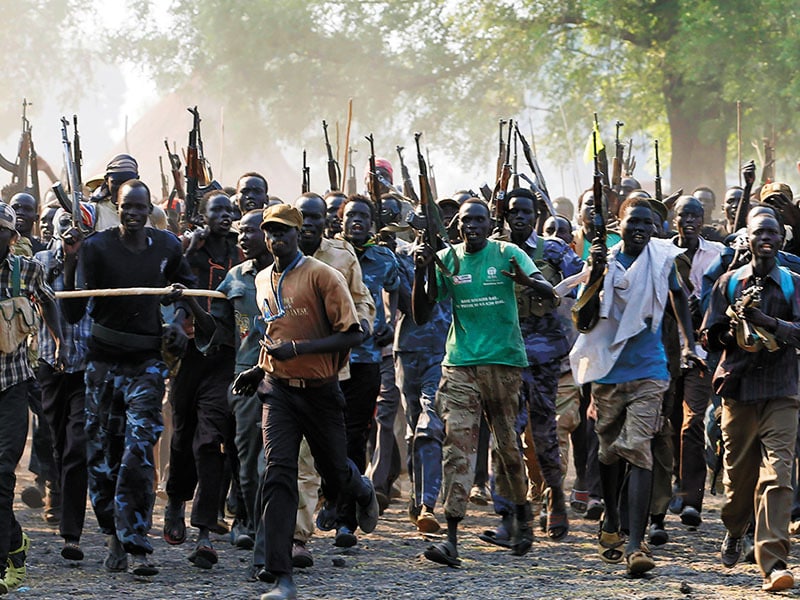
South Sudan: Cycling your way to freedom
Colonel Srinivas Gokulnath has undertaken some of the most daunting cycling challenges in India; now in South Sudan as a part of the UN Peace Corps, he teaches displaced young girls how to cycle, giving them a taste of freedom
 Colonel Srinivas Gokulnath introduced cycling among displaced South Sudanese girls, which was a taboo of sorts among them
Colonel Srinivas Gokulnath introduced cycling among displaced South Sudanese girls, which was a taboo of sorts among them
Courtesy Srinivas Gokulnath
Over the last decade, Colonel Srinivas Gokulnath, 38, has taken on some of the most challenging cycling projects in India and around the world. Whether it’s riding 4,000 km from Leh to Kanyakumari in 2014, or as the first Indian to finish the gruelling Race Across America (RAAM) three years later, endurance cycling is a passion project he has chased alongside a successful career in the Army Medical Corps.
All that changed in March 2019 when Gokulnath was deployed in South Sudan as part of the United Nations Peacekeeping Force. He found himself in one of the youngest countries in the world—South Sudan earned its independence in July 2011—which is struggling with internal strife and ethnic violence, the repercussions of a brutal seven-year civil war that started in 2013. A 2018 report by the London School of Hygiene and Tropical Medicine pegs the casualty of the civil war at 3,83,000, which also includes deaths due to diseases and malnutrition.
Clearly, Gokulnath had his hands full. His personal ambitions were momentarily put on hold; and yet, it didn’t mean putting a stop to cycling. Since June last year, he has used cycling as a means to bring about positive changes in the lives of the girls in Malakal, the second-largest city of South Sudan, which is around 500 km north of its capital, Juba, where he is posted.
 Each weekend, the football ground turns into a cycling arena of sorts for girls aged between 12 and 20
Each weekend, the football ground turns into a cycling arena of sorts for girls aged between 12 and 20
“Before the 2013 conflict, Malakal was a flourishing town with many universities, medical schools and an international airport. But the mass destruction didn’t spare anything or anyone. It was evident from the moment I landed in Juba. The road towards the United Nations camp in Malakal also had tell-tale signs of war,” Gokulnath recalls.

 Image: Goran Tomasevic/Reuters
Image: Goran Tomasevic/Reuters




